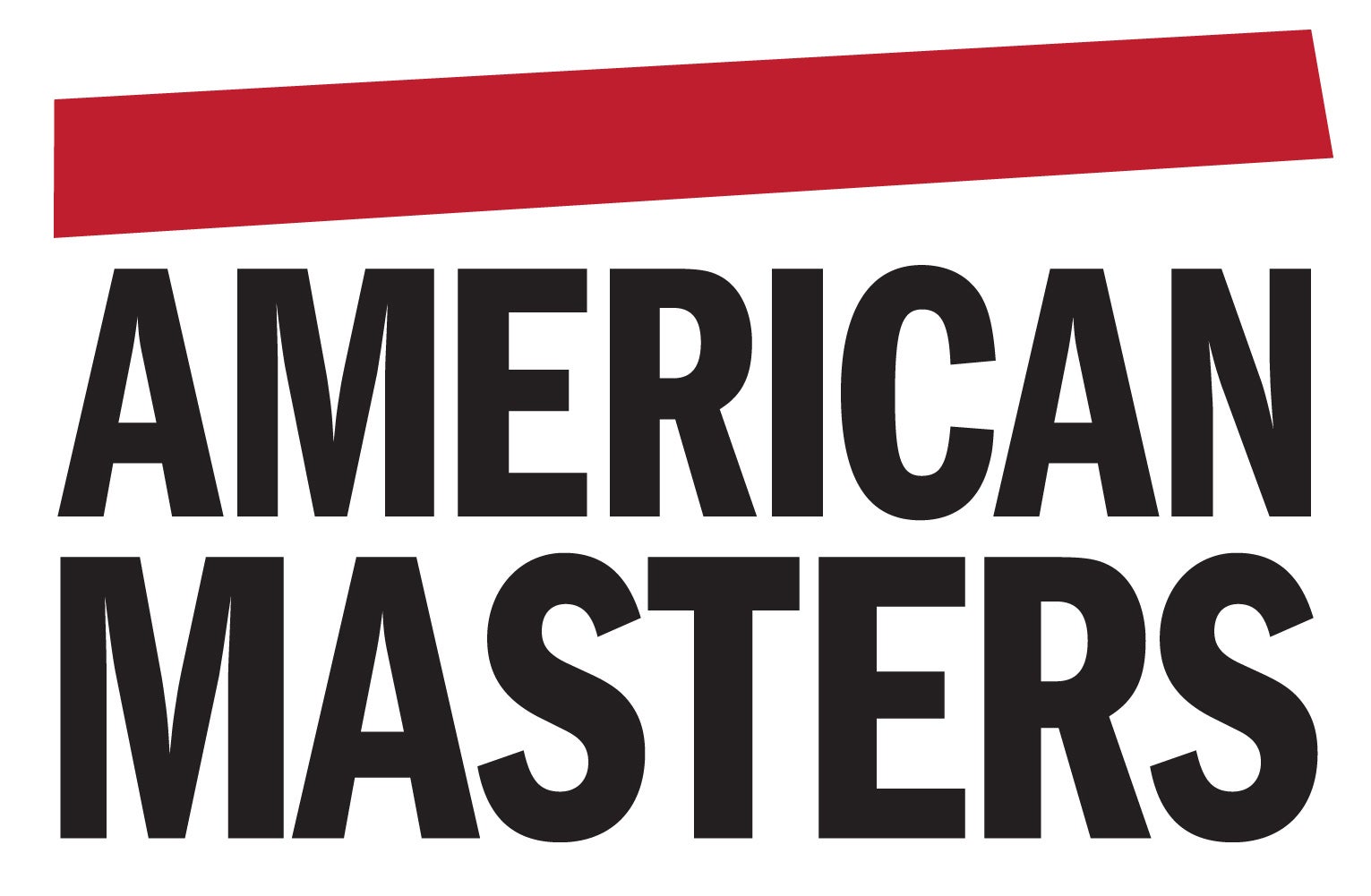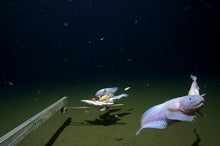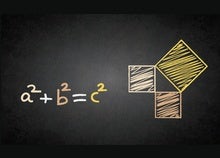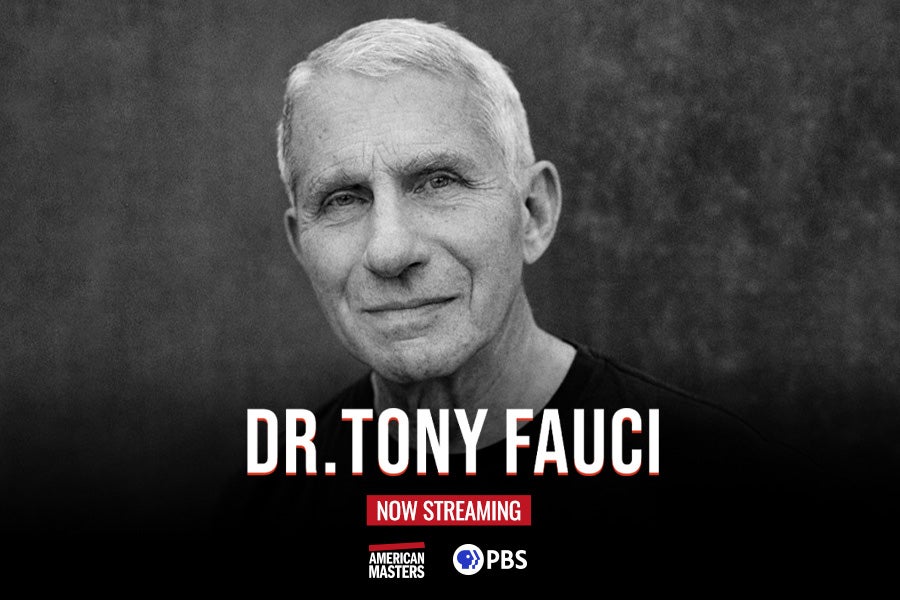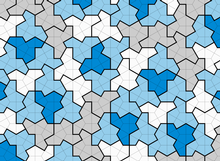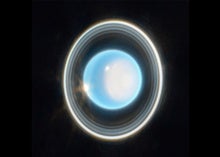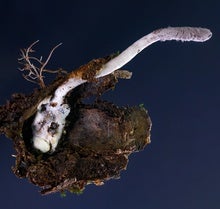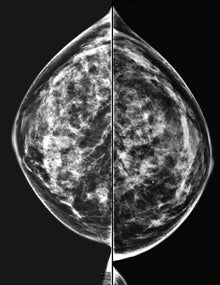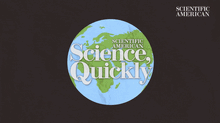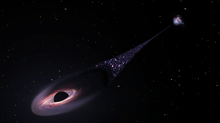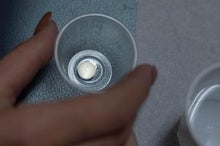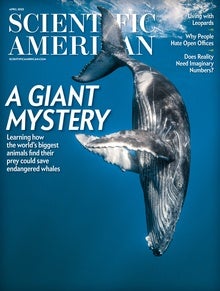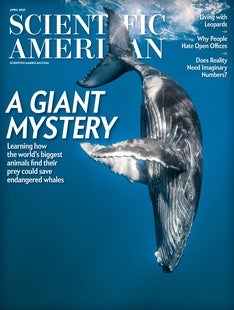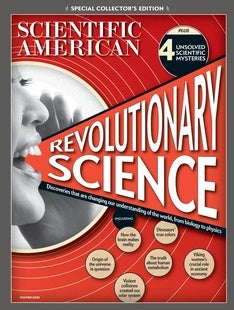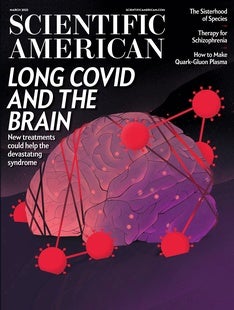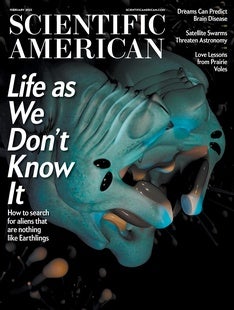 |
| April 14, 2023 |
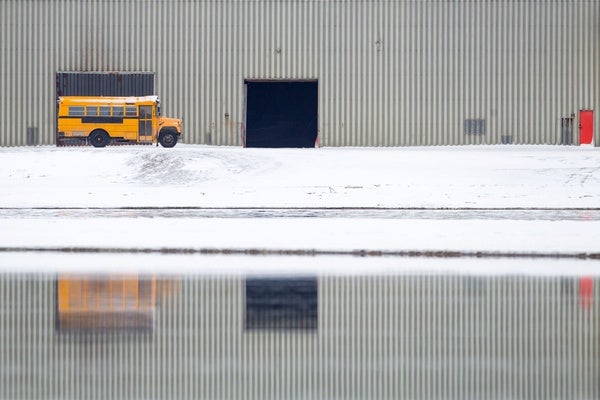 |
| |
| |
| |
| |
| |
| |
| |
| |
| |
| Microbiology Meet the Magnificent Microbes of the Deep Unknown These two researchers journey toward the center of Earth—via windows to the crust—to find bacteria that can breathe iron, arsenic and other metals that would kill us pretty quickly. |  | By Jeffery DelViscio | 12:16 | | | |
| |
| |
| Vaccines How Often Should People Get COVID Boosters? The CDC and FDA have decided that one updated COVID booster is enough for now, in contrast to recommendations from other countries and global health organizations | | | | |
FROM THE STORE
 | | | |
BRING SCIENCE HOME
 | | A Milk-Curdling Activity | 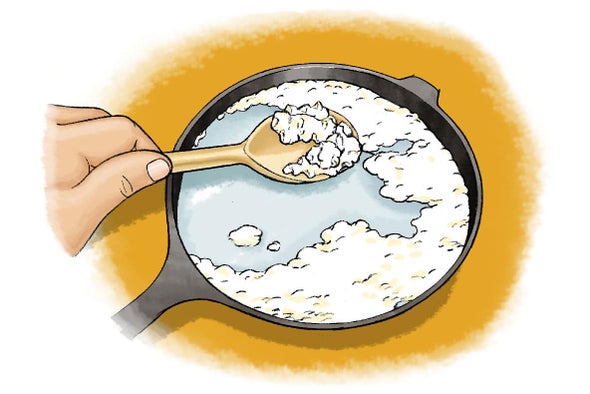 Say, "cheese"! Learn how chemistry can help you turn milk into cheese--no aging required! Credit: George Retseck | Have you ever poured yourself a cup of milk and instead of a smooth liquid, all you get is clumps? This is usually a sign that the milk has gone bad. And if it smells sour, it probably has. But the physical process of what happened to the milk is called coagulation, which is the mechanism that occurs when proteins in the milk clump. Although you do not necessarily want this in your milk, without coagulation (or curdling) there would be no cheese or yogurt, which is why it is a very important process in the food industry. Wonder how you can make milk curdle—without having it be spoiled? Try this activity to find out! | |  | |
LATEST ISSUES
 |
| |
| Questions? Comments?  | |
| Download the Scientific American App |
| |
| |


